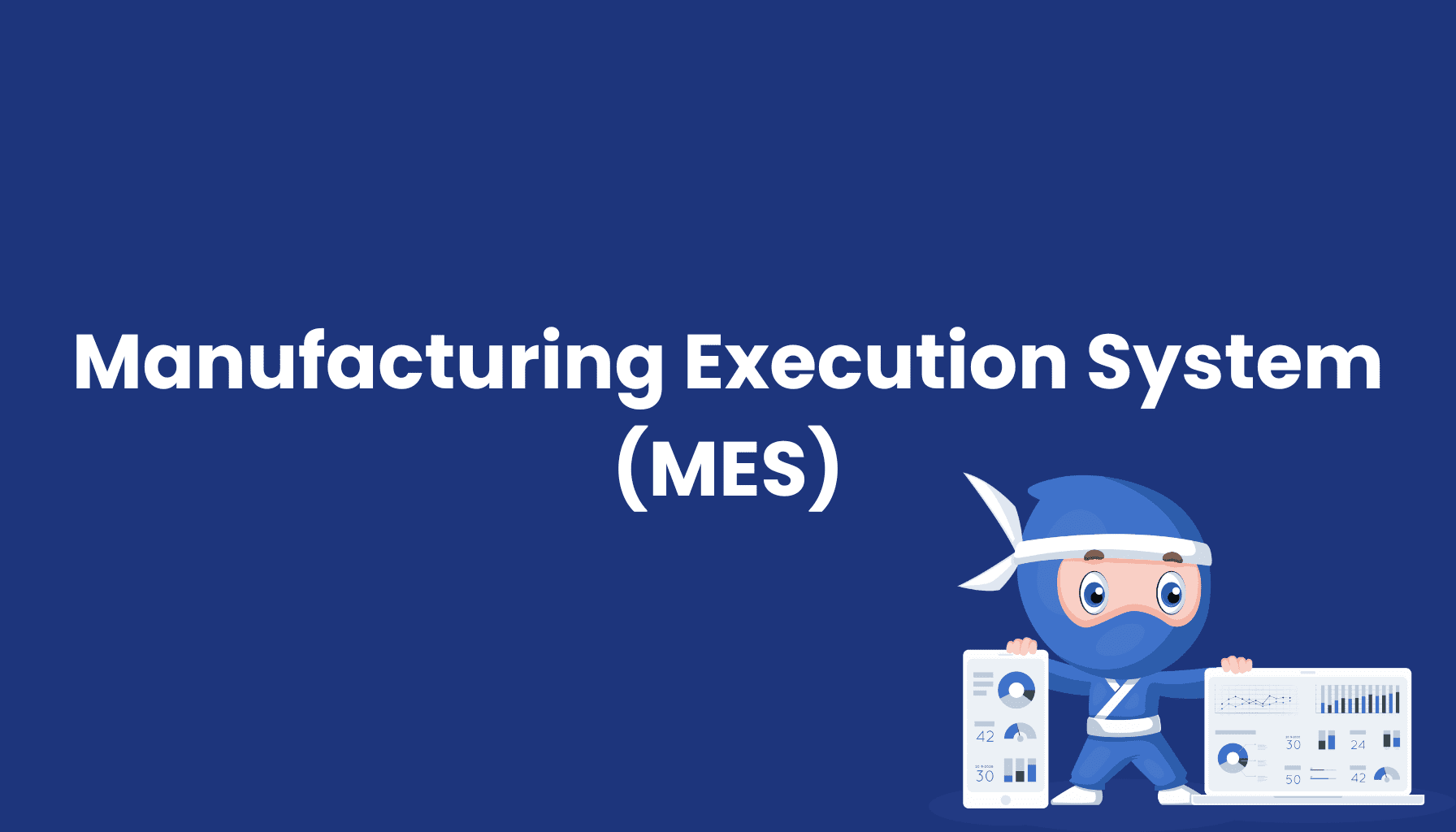Manufacturing Execution System (MES)

What is MES (Manufacturing Execution System)?
A Manufacturing Execution System (MES) is an advanced software solution designed to monitor and control the manufacturing process in real-time. It acts as a critical link between the shop floor and the enterprise level, integrating with systems such as ERP (Enterprise Resource Planning) and SCADA (Supervisory Control and Data Acquisition). MES provides detailed insights into production activities, enabling companies to optimize efficiency, quality, and overall productivity.
Core Elements and Functions of MES
-
Production Control and Planning: MES systems facilitate detailed scheduling and control of production processes. They help in managing production orders, optimizing workflows, and assigning resources to ensure maximum utilization of production capacity.
-
Quality Management: MES includes robust tools for monitoring product quality during production. By tracking key quality metrics in real-time, MES helps identify deviations early, enabling corrective actions to maintain high-quality standards and reduce waste.
-
Performance Analysis and Optimization: MES provides comprehensive analytical tools that allow for monitoring and improving the performance of machinery and processes. These analytics are vital for identifying bottlenecks and implementing continuous improvement strategies.
-
Material and Resource Management: MES systems manage the flow of materials and resources, tracking inventory levels, and usage rates. This ensures that the right materials are available at the right time, minimizing downtime and optimizing resource use.
-
Real-Time Data Collection and Analysis: By capturing data from various points in the production process, MES offers a real-time view of operations. This data is crucial for making informed decisions quickly, enhancing responsiveness to issues and opportunities.
Benefits of Implementing MES
- Increased Production Efficiency: MES systems streamline operations by optimizing production processes and reducing downtime, which leads to higher throughput and shorter cycle times.
- Enhanced Product Quality: Continuous monitoring and data analysis help in maintaining consistent product quality, reducing defects, and increasing customer satisfaction.
- Cost Reduction: By improving resource management and minimizing waste, MES helps lower overall production costs.
- Compliance and Traceability: MES systems provide comprehensive traceability, documenting every step of the production process, which is essential for compliance with industry regulations.
Integration with Industry 4.0
In the context of Industry 4.0, MES plays a pivotal role by integrating with IoT devices, AI, and big data analytics. This integration enhances the precision and control of production processes, enabling predictive maintenance, real-time optimization, and adaptive manufacturing strategies.
MES systems are vital for modern manufacturing strategies, providing a platform for continuous improvement and operational excellence. They help companies respond dynamically to market changes and technological advancements, securing a competitive edge in the global marketplace.
MES - further information
Discover more exciting articles on the topic of MES below:
- Everything you want to know about Manufacturing Execution Systems (MES)
- Cloud-native MES - evolution and paradigm shift
- The SaaS revolution in manufacturing - CLOUD MES
- Cloud-native MES vs Microsoft Power BI for the digitalization of production
In addition, lean production, continuous improvement, Kaizen, Six Sigma and shopfloor management play an important role for MES in recognizing the potential for improvement in production. MES products enable efficient communication and coordination directly at production level (operational excellence), which is essential for identifying and quickly rectifying problems.





